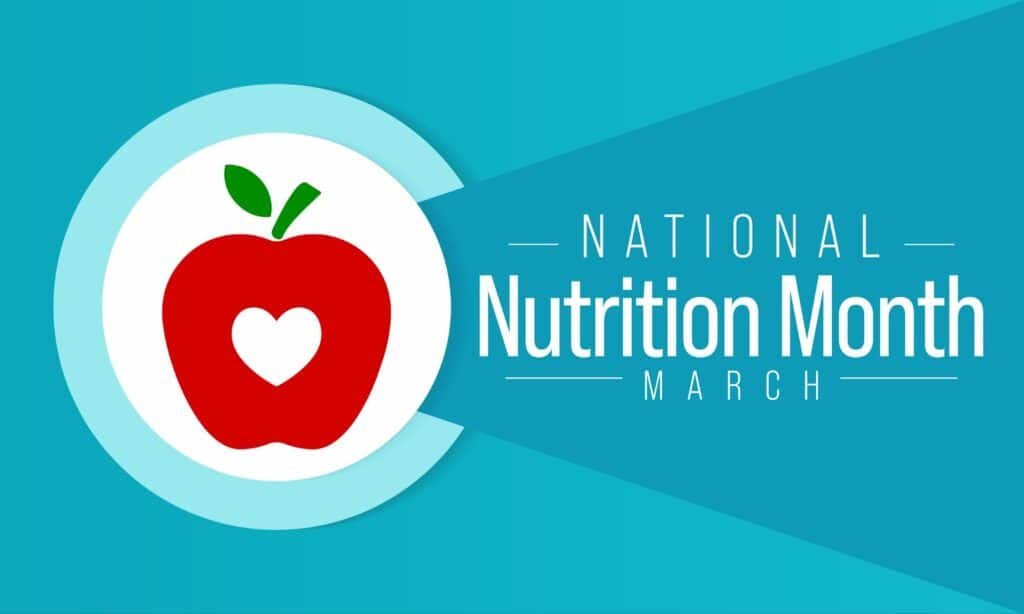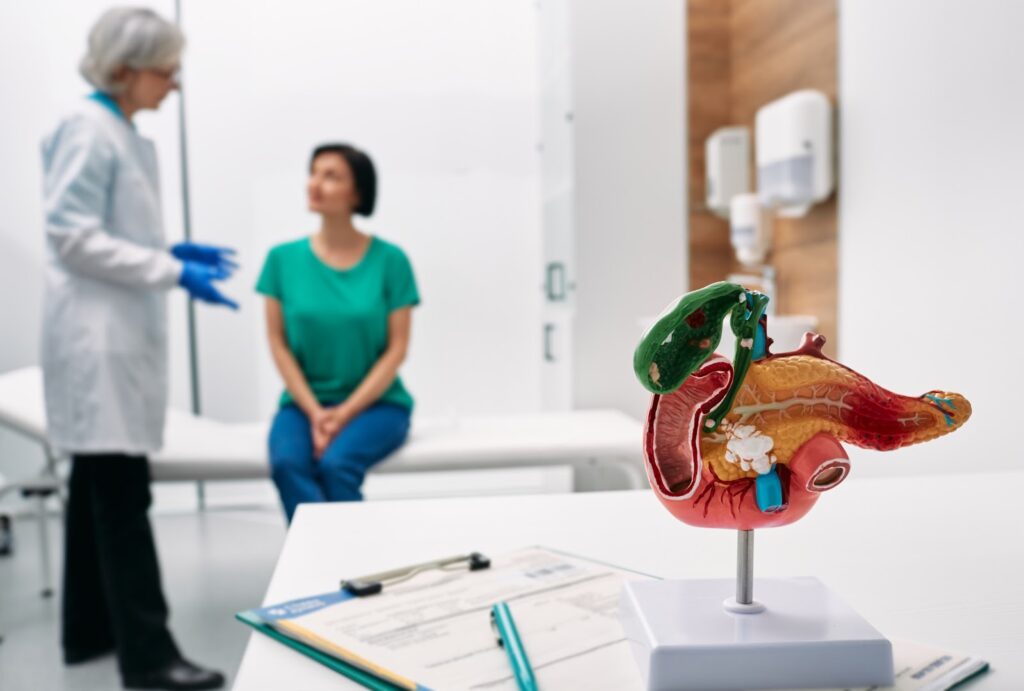4 Things You Should Know About Telemedicine
Have you heard of telemedicine? Telemedicine is a relatively new way to deliver healthcare. Instead of conventional medical treatment, where a patient must go to a doctor’s office to receive care, telemedicine allows patients to speak with their healthcare provider via video conference or a phone call. This is allowing for more convenient options for patients to get the healthcare they need. Below, we will go through the top four things you should know about telemedicine, and common misconceptions, allowing you to make the decision about if it might be right for you.
1. It does not replace conventional medical treatment
It’s important to know that telemedicine does not replace conventional medical treatment! If anything, telemedicine is an added convenience paired with conventional medical treatment. Telemedicine may be offered as additional services available to patients of a healthcare practice, such as Digestive Healthcare Center. This means our conventional patients can schedule a telemedicine appointment when they are traveling or do not have time to come into the office, ensuring they still have access to a healthcare professional.
Telemedicine is also useful for patients who need to quickly check in with their doctor or have questions about symptoms they are experiencing. Their doctor, via video conference, will help determine the best course of action, which may involve an in-person visit if necessary. Regardless, telemedicine fills a great need within the healthcare system but does not in any way replace conventional medical treatment.
2. Telemedicine improves patient outcomes
Telemedicine improves patient outcomes, because it often enables patients to speak with a medical professional when they otherwise would have not been able to. Because of telemedicine, many patients have been able to quickly step away from a busy day to speak with their doctor or can communicate with a medical professional while on bed rest or out of town. All of these scenarios would typically leave patients out of luck, but with telemedicine, they are able to receive the consult they need.
3. It reduces emergency room instances
Did you know that telemedicine can actually reduce instances of emergency room visits? Telemedicine is largely a preventative medicine tool. This means patients are able to connect with their doctor to explain early symptoms of discomfort to determine if they need to come in for a visit, need a tweak in medication, or if they should continue to wait and monitor symptoms. This results in fewer patients who wait until they are experiencing an emergency medical condition — often due to not receiving preventative care because of a lack of resources — and more patients leveraging accessible preventative care.
4. Telemedicine saves resources
Telemedicine is a huge resource saver, and we’re talking time and money. There is a vast amount of resources used whenever a patient comes into a doctor’s office. The patient must first spend time calling to make an appointment, during which time the doctor may not have availability for a while. Then they must take time out of their day to drive to the doctor’s office, fill out paperwork, and finally see the doctor. With telemedicine, patients are often able to speak with their doctor sooner to get answers to the healthcare questions they have. Doctors can prescribe treatments and prescriptions as necessary without the patient needing to leave their home.
With telemedicine, doctors are saving time from having to meet with patients in-person who do not require in-person care. This allows them to spend more time in-office with patients who need specific tests done or require hands-on care. Telemedicine is also significantly less expensive to deliver, saving patients time and money throughout their healthcare journey.
Learn More About Telemedicine Options at Digestive Healthcare Center
At Digestive Healthcare Center, we are proud to offer a telemedicine option for our valued patients. We leverage telemedicine to follow up with patients, conduct initial consultations, and take care of any healthcare questions you may have that do not require an in-person visit. We also, of course, offer traditional medical care for all of your digestive health needs. Contact us today to learn more!
Make an Appointment for Comprehensive Digestive Care in NJ
At Digestive Healthcare Center, we want each patient at our three offices in New Jersey to feel confident about their digestive health. We encourage you to contact us today to make an appointment with one of our expert gastroenterologists – don’t wait to start putting your digestive health first!
Recent Blogs
Learn more about all things digestive health and wellness by checking out our recent gastroenterology blogs.

Diverticular disease and diverticulitis are related digestive health conditions that affect the large intestine (colon). With diverticular disease, small, bulging pockets develop on the lining of the colon. When these pockets become inflamed or infected, the condition is called diverticulitis. They are very common – especially after age 40 – and rarely cause problems. At […]

Many Americans like to set New Year’s resolutions to make positive lifestyle changes such as improving their diet and going to the gym. However, March is also a great time for a healthy focus, especially as the long winter season comes to an end. National Nutrition Month, sponsored by the Academy of Nutrition and Dietetics, […]

Gallstones form when bile stored in the gallbladder hardens. Your gallbladder is a small, pear-shaped organ on the right side of your abdomen, just beneath your liver. It holds a digestive fluid called bile that’s released into your small intestine. Gallstones are pebble-like pieces of concentrated bile material, typically made up of cholesterol or bilirubin […]

























